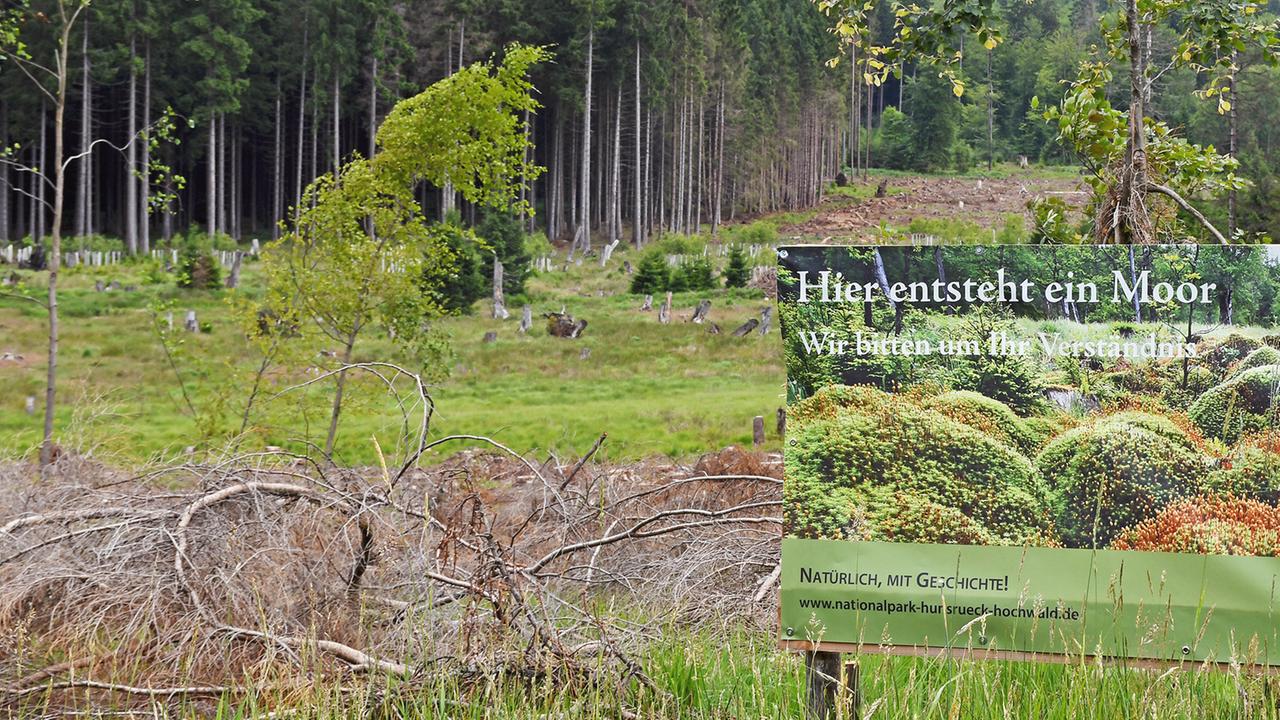In the EU, more trees will be planted in the future and moors and rivers will be restored to their natural state. The EU Parliament decided this with a narrow majority – despite massive criticism from farmers.
The EU Parliament has narrowly voted for a controversial law to restore damaged ecosystems. 329 MPs voted in favor, 275 against. 24 abstained from the vote in Strasbourg.
If the law is passed, EU countries will have to restore at least 30 percent of the damaged habitats in water and on land by 2030, 60 percent by 2040 and 90 percent by 2050. For example, rivers should be given more space, moors should be watered and old forests should be preserved.
80 percent of habitats are in poor condition
The law aims to stop the further decline of natural habitats in Europe. Over 80 percent of Europe's living spaces are already in poor condition, the EU Parliament has announced.
The aim is to store more carbon in nature. This is intended to mitigate heat waves, droughts, heavy rain events and floods. EU Environment Commissioner Virginijus Sinkevicius spoke of a “concrete contribution from the EU to preserving biological diversity, valuable ecosystems, healthy soils and waters – especially for our farmers.”
Resistance from politics and agriculture
The vote came after weeks of protests by farmers across Europe, partly because they feared stricter requirements.
The German Farmers' Association described the decision as a “step backwards for cooperation between agriculture and nature conservation,” as its general secretary Bernhard Krüsken said. The basic approach is rather backward-looking and, in terms of regulatory policy, is linked to far-reaching requirements and general goals for the member states.
The farmers' associations also received support from politics. The majority of members of the European People's Party (EPP) around the CDU and CSU voted against the law in Strasbourg. The narrow majority came primarily from the votes of the Social Democrats, Greens, parts of the Liberals and the Left.
The EU member states must now finally approve the agreement before it can come into force.
Thomas Spickhofen, ARD Brussels, currently Strasbourg, tagesschau, February 27, 2024 5:15 p.m




